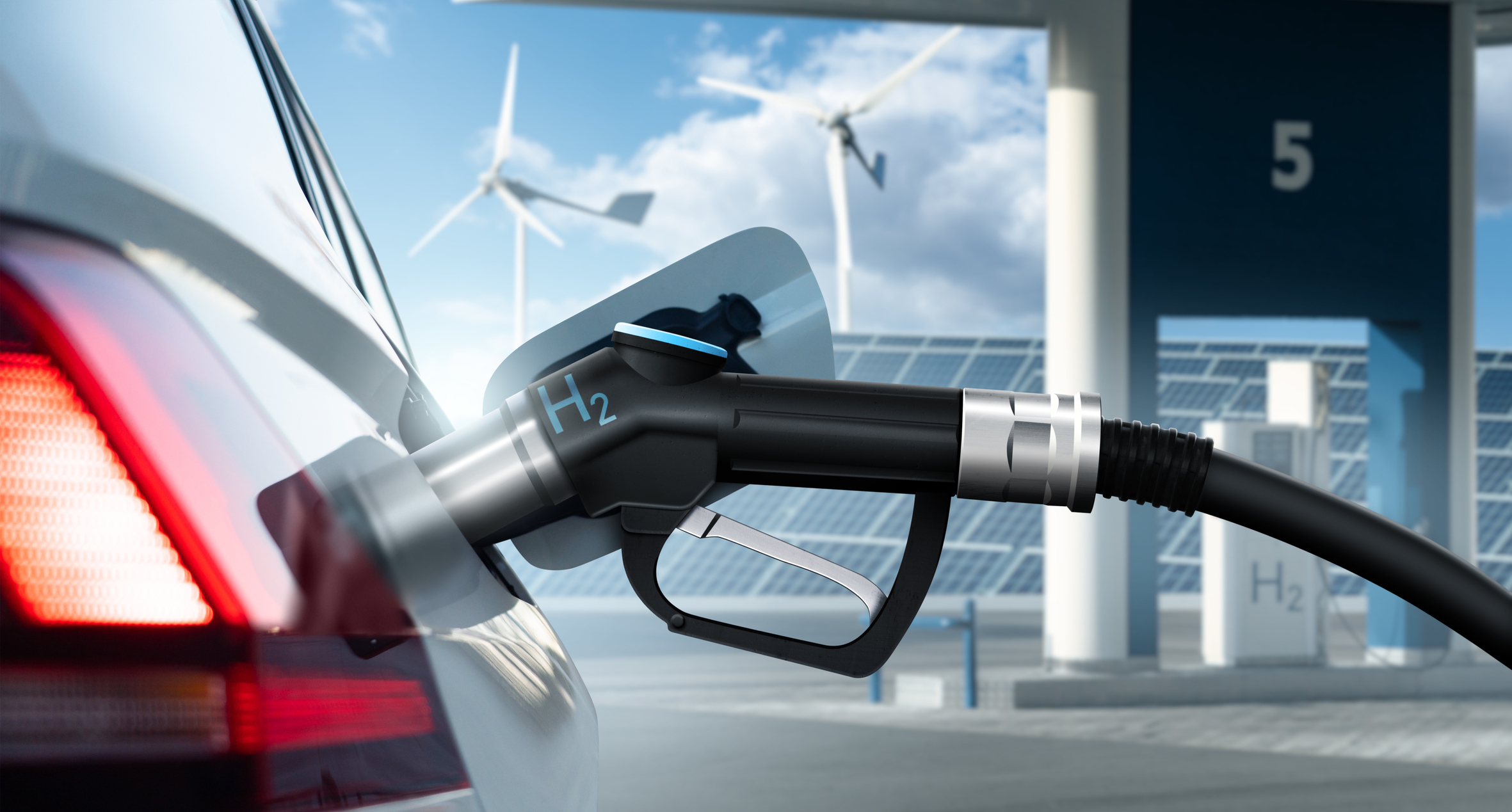Autor
Mariano Marzo
Emeritus Professor of the University of Barcelona

Authored by:
Cátedra de Transición Energética en la Universidad de Barcelona

The issue of climate change is gaining prominence on a daily basis, reflecting society’s growing concern and demand to mitigate the already evident consequences of human-induced global warming.
Concerning this demand, one proposal that has been forging its way is that of a “Green New Deal”. It would be a matter of making a virtue out of necessity, making the most of the opportunity created by the challenge of an accelerated reduction of greenhouse gas emissions to undertake a radical socio-economic transformation that would, at the same time, bring about greater social justice. The idea, inspired by president Franklin D. Roosevelt’s “New Deal” to combat, between 1933 and 1938, the effects of the Great Depression in the United States, has been welcomed with interest.
The “Green New Deal” concept is attractive, both intellectual and political. However, we cannot stop at relatively brilliant proposals. What is really important now is to move from theoretical and generic formulations to immediate, specific, and effective actions. I.e., from the virtual land of good intentions to the reality of best practices. It is about going beyond the commitment, to concentrate on optimising results. A step that requires sifting utopias through the sieve of the limitations imposed by scientific, technical, economic, and social realities.
To underline this pragmatic approach, Ernest J. Moniz, a nuclear physicist who was Secretary of Energy with Barack Obama between 2013 and 2017, resorts to irony and a play on words, to instead of “Green New Deal” propose a “Green Real Deal”. This emphasis on effectiveness is very pertinent if, for example, we take into account that the commitments achieved in the framework of the much-vaunted Paris Agreement are, in reality, totally insufficient to prevent a rise of more than 2ºC in the average temperature of the planet.
For Moniz, the green deal should be articulated around:
1) rigorous analyses based on science and technology,
2) open and flexible approaches that favour optionality, thus enabling the formation of the broadest possible coalitions,
3) inclusive attitudes that ensure the participation of all economic sectors, particularly those that are most difficult to decarbonise, such as transport, industry, and agriculture,
4) a special sensitivity to different demographic and territorial realities, since low-carbon solutions inevitably depend on the location and characteristics of each human group, and
5) a firm commitment to social equity and job creation, ensuring that the energy transition does not lead to job destruction or a loss of job quality.
And what would need to be done to achieve a real effective mitigation of climate change? Obviously, immediately, each territory and community should choose, amongst the diverse options potentially available, the most efficient (those that give better results) and ensure that they operate efficiently (they work well) both technically and economically. In the longer term, Moniz believes that the central component is innovation, both in technology, business models, and policy, with the understanding that technological innovation would be the enabler of the others. Ultimately, without new disruptive, large-scale deployable, and affordable technological breakthroughs, the world will not reach the climate goal of achieving a carbon-neutral balance.
Such technologies should allow the direct capture of CO2 from the air, the reuse of said compound on a commercial scale within a circular economy scheme, the biological and geological storage of billions of tons of CO2, the storage of electricity at affordable prices for periods of time ranging from days to seasons of the year, the production of energy from advanced nuclear fission and fusion, the advent of the hydrogen economy, the full integration of information technologies and energy systems, the development of low-carbon fuels, and so on.
Article published in El Periódico.



